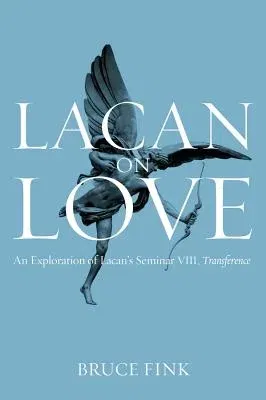Quintessentially fascinating, love intrigues and perplexes us, and
drives much of what we do in life. As wary as we may be of its illusions
and disappointments, many of us fall blindly into its traps and become
ensnared time and again. Deliriously mad excitement turns to
disenchantment, if not deadening repetition, and we wonder how we shall
ever break out of this vicious cycle.
Can psychoanalysis - with ample assistance from philosophers, poets,
novelists, and songwriters - give us a new perspective on the
wellsprings and course of love? Can it help us fathom how and why we are
often looking for love in all the wrong places, and are fundamentally
confused about "what love really is"?
In this lively and wide-ranging exploration of love throughout the ages,
Fink argues that it can. Taking within his compass a vast array of
traditions - from Antiquity to the courtly love poets, Christian love,
and Romanticism - and providing an in-depth examination of Freud and
Lacan on love and libido, Fink unpacks Lacan's paradoxical claim that
"love is giving what you don't have." He shows how the emptiness or lack
we feel within ourselves gets covered over or entwined in love, and how
it is possible and indeed vital to give something to another that we
feel we ourselves don't have.
This first-ever commentary on Lacan's Seminar VIII, Transference,
provides readers with a clear and systematic introduction to Lacan's
views on love. It will be of great value to students and scholars of
psychology and of the humanities generally, and to analysts of all
persuasions.

